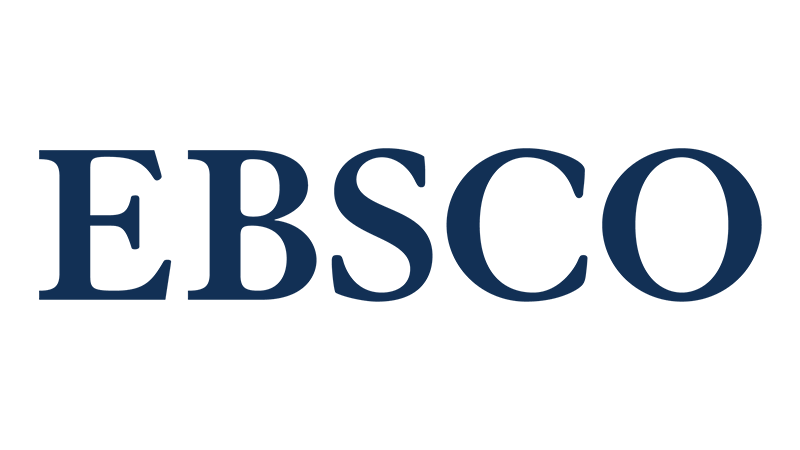
Abstract
This research explores the reoccurring conflict of speculations and explanations among social scientists regarding why people do charity or behave generously. Our participants were 256 subjects, 34% males and 65.2 % females. Based on a donation task we elicit the most honorable member in a group of four participants. This participant receives a substantial monetary reward and recognition as the most generous donor in the group. An unannounced subsequent phase confronts the honor participant with the task of a single contributor in a best-shot trust game. Without knowing what this honor participant has contributed, the three other participants independently compensate the contributor. We view the contribution level as measuring honor and compensations as measuring respect of honor. With the help of these choice data and additional information from the initial phase as well as from post experimental questionnaires, we assess whether respect of honor reacts monotonically to contributions and how aspects deciding who is honored influence contribution levels and respective compensations. Treatments vary in the (non) linearity of contribution costs. In both treatments we find that honor participants contribute generously to increase their group’s welfare, even at the cost of their own profit. Honor participants seem to care for their role and justify their entitlement to this position. Other participants reward respect to honor participants by compensating them.
Keywords
Honor, Trust game, Multiple trustees, Donation task
DOI
https://doi.org/10.54784/1990-6587.1017
Creative Commons License

This work is licensed under a Creative Commons Attribution 4.0 International License.
Recommended Citation
Anjum, G., & Gueth, W. (2019). Becoming generous and respecting honor: An experiment based on donation and trust-game with multiple trustees. Business Review, 14(2), 47-64. Retrieved from https://doi.org/10.54784/1990-6587.1017
COinS
Publication Stage
Published










